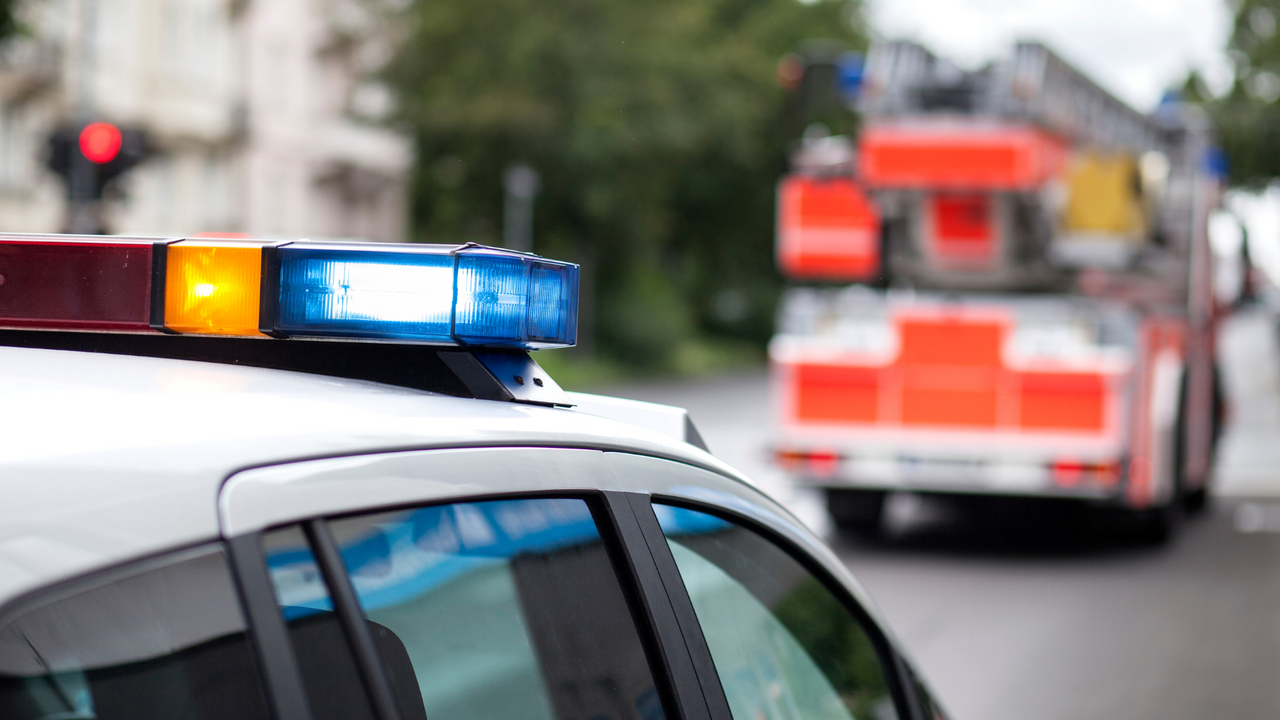Droning With First Responders

Are you a first responder or interested in the work they do? Law enforcement personnel, firefighters, emergency medical technicians, and disaster relief specialists provide us with essential services, and often use drones. Let’s take a very quick look at how you can help these professionals with your piloting skills.
As a commercial drone pilot, you have the opportunity to help first responders in several different ways. Your skills are valuable as a volunteer or paid professional. Each option has merit depending on what you are looking to get out of your time.
As a former Marine, I was concerned that after leaving the military, most of the skills I developed wouldn't transfer to the civilian world. I was pretty confident my knowledge of weapon systems, urban fighting, and land navigation would be useless in corporate America. For the most part, I was right.
In many ways, I felt my purpose, as I understood it to be, would be lost. While I have had difficulties transitioning, drones were one of the first things to help manage my PTSD and find purpose. After a bit of soul searching, I found volunteering my piloting skills was one of the best ways to find a new purpose.
I have been a member of several search and rescue teams connected to the Sheriff's Office in Montana and California. Drones are a game changer in search and rescue operations. Their aerial perspective is an excellent tool for finding lost people in the wilderness.
As a commercial drone pilot, you may be able to use your skills to help someone in a life and death situation. If you are interested in volunteering your drone services to first responders, reaching out to your local law enforcement officials is the best place to start. In most locations, law enforcement runs the search and rescue teams. You can also reach out to organizations that help with disaster relief, like Team Rubicon, the Red Cross, and the Salvation Army.
Volunteering is great, but we all also need to eat and pay the bills. There is nothing wrong with providing your services to first responders for a fee.
There are several types of paid work you can look to provide. The most common are direct services. As many of these organizations are connected to local, state, and federal agencies, selling your services might be a bit of a hurdle to overcome. There is often a lot of red tape to get through, but for those that make it through the gauntlet, the contracts can be very lucrative.
Aerial photography is beneficial to first responders. You can market your services as an aerial photographer for search and rescue operations, armed shooter situations, traffic monitoring, evidence collection, and crime scene reconstruction.
Another angle you can pursue is selling your skills as a trainer. As a commercial drone pilot, you likely already have dozens, if not hundreds, of logged flight hours. You can use your experience to train others to fly drones. Training gigs have a habit of becoming repeat gigs if you make a good impression.
Hopefully, this quick introduction to selling or volunteering your services to first responders has piqued your interest. If you want to learn more about the UAV needs of first responders in your area, reach out to them. You'll find most are more than happy to speak about their needs and where you may be able to assist them. Happy and safe flying!
Article Written by David Daly


